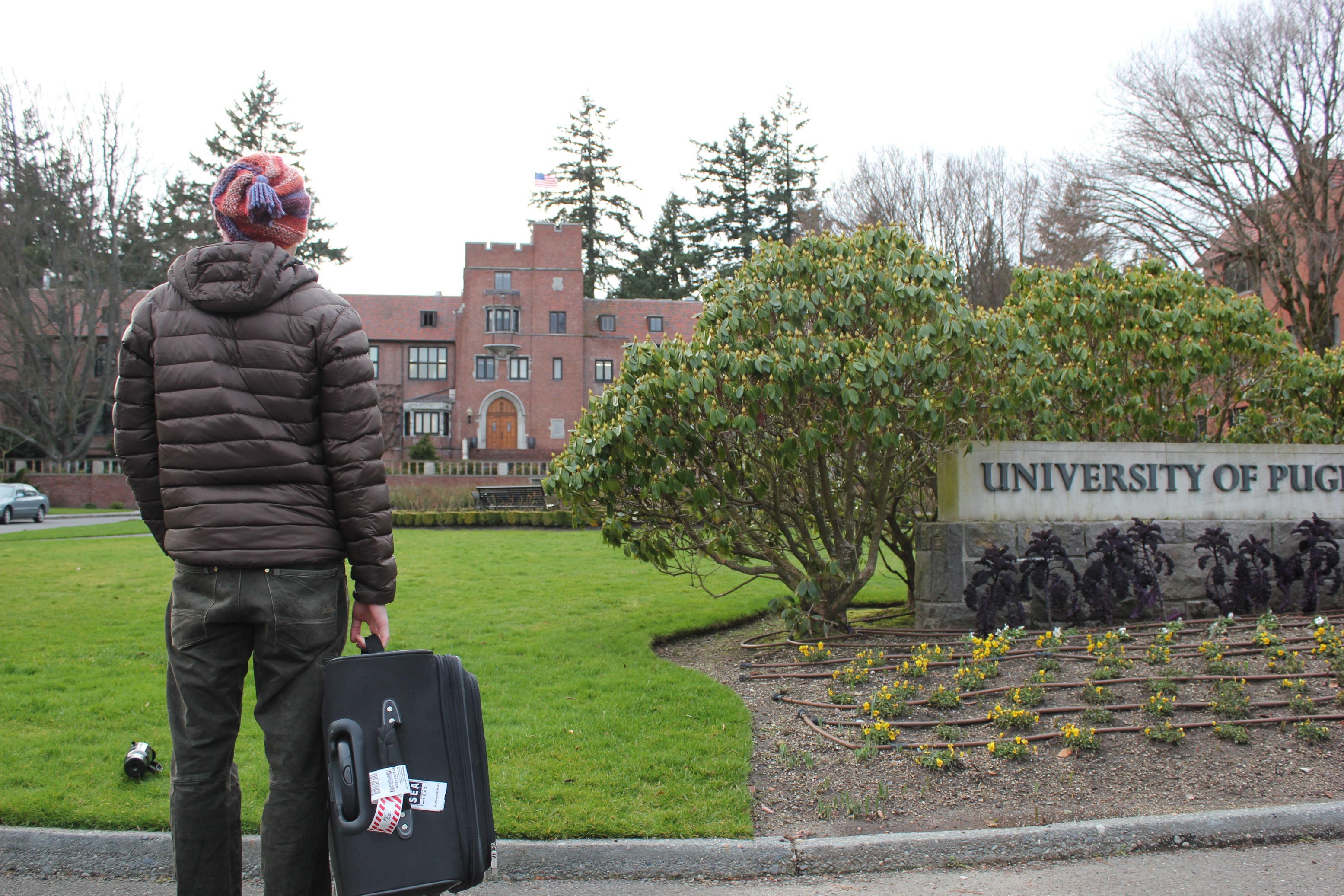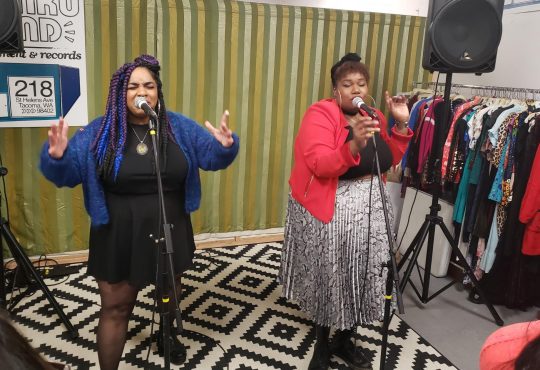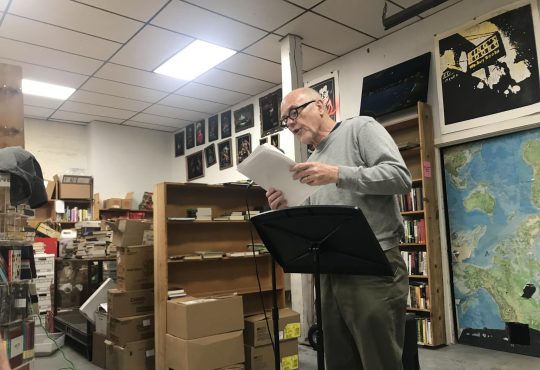
I bet most of you know people who have transferred from Puget Sound or at least have thought seriously about it. Some who have found their niche here at Puget Sound might say that students who leave can’t handle the work load or are too socially awkward to feel at home in a college environment, but I wanted to speak with the dissatisfied individuals themselves. I wondered what the primary complaints of these students were other than “there are too many hipsters who control the social scene,” and “the word ’Puget’ combined with the acronym ‘UPS’ is really unfortunate.” These are valid complaints, but there must be a little more to it, right?
One student who transferred to another school last semester told me, “The moment when I first thought about transferring was when I had to register, and most of the classes I wanted filled up the first day. When I’m putting myself roughly $45,000 in debt after I graduate, I expect to take classes that challenge and interest me. The school I attend now provides a LOT more resources for career planning, internships, and community involvement. I feel a lot more secure about getting a job after graduating from there than I would from Puget Sound.”
Students are paying a lot of money to be here, so it does seem like there should be a significantly better academic experience than schools with cheaper price tags. I believe this school is academically rigorous and has some brilliant teachers, but that doesn’t necessarily mean it provides students with an overall environment that promotes intellectual growth.
Another factor is geography. As one student put it, “I feel like it’s complicated because it’s not like a college town, necessarily, where the town is built around the college. And even though it’s in a big city, the city has a bad reputation for whatever reason, so it’s a really awkward lose, lose in that way.”
If Tacoma itself doesn’t provide much in the way of stimulating activities, then does the social scene at Puget Sound make up for it? Answering this question led me to another: is going to a small university just like high school all over again? Once we discover the people we feel comfortable with, who don’t challenge us to question our actions and beliefs, we tend to stay with those people. According to one student I spoke with who is considering leaving Puget Sound, “It’s a bit insulated and exclusive with a lot of cliques that are hard to penetrate. I feel like the friends you make your first year are the friends you’re going to have for four years.”
I received a similar response from another student who has considered transferring and noted that socially, this school is “WHACKKK! There is a very divided social scene and definitely a specific idea of what is popular.”
“Popular” is a word I mostly came to associate with certain people in my high school days. Does it mean something different in college, or are we just recreating the same social hierarchy many of us detested in our adolescent years? Perhaps we are perpetually providing each other with an endless list of reasons to feel insecure. It seems to me that being happy depends on the ability to find a comfort zone—those social connections that give us what we believe we need at the time. Without this comfort zone, we cannot thrive. It may be luck that allows us to create this comfort zone; it may be that some of us are more socially adept than others, or it may be a combination of both. Nonetheless, our ability to forge strong social connections in college greatly affects our ability to succeed.
Whether or not you hate the rain, hate the Tacoma aroma, hate the hipsters, hate fraternities and sororities or just hate everyone, it is important for all of us to remember that everyone is just struggling to feel significant and appreciated, to feel like they are achieving something worthwhile. No school is perfect, but I think all of us can have a better college experience if we search for that comfort zone in unexpected places.
PHOTO COURTESY/ MAX HONCH






